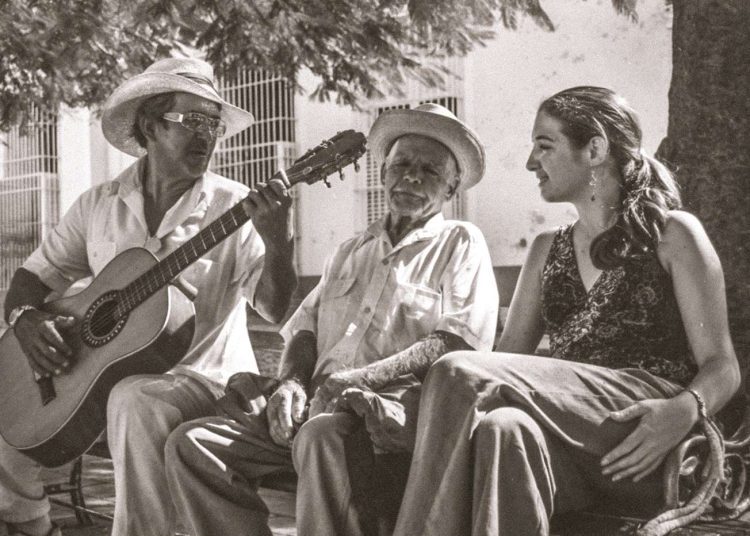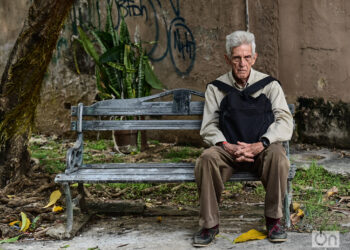UNESCO included this Tuesday in its Intangible Cultural Heritage of Humanity list the complex represented by the bolero and its spaces and social uses in Cuba and Mexico.
The binational candidacy, called Bolero: identity, emotion, and poetry turned into song, was approved during the first day of work of the 18th session of the Intergovernmental Committee for the Safeguarding of Intangible Cultural Heritage held in Botswana, according to a report from Prensa Latina (PL) news agency.
https://twitter.com/UNESCO_es/status/1732117476312289653?ref_src=twsrc%5Etfw%7Ctwcamp%5Etweetembed%7Ctwterm%5E1732117476312289653%7Ctwgr%5E50470b12486b48ae8766e5ffb9606e753c203a9f%7Ctwcon%5Es1_&ref_url=https%3A%2F%2Foncubanews.com%2Fcultura%2Fla-unesco-declara-al-bolero-patrimonio-cultural-inmaterial-de-la-humanidad%2F
With the inscription of this vocal, instrumental and dance genre, both countries seek to guarantee its safeguarding, in close collaboration with the communities that keep this identity musical tradition alive.
The media recalls that the origin of the bolero dates back to 1883 in the city of Santiago de Cuba. Later it spread throughout the island “with its poetic musical elegance until reaching Mexico at least 100 years ago.”
Work on the joint candidacy began a decade ago, with the participation of various Cuban and Mexican institutions, the publication said.
Regarding the inscription, Yahima Esquivel, Cuban ambassador to UNESCO, told PL that “it is not limited to one genre, as it encompasses a complex that associates a mixture of cultures linked to the language, using European poetry, African rhythms and the experiences of indigenous peoples.”
The official celebrated the decision, as well as the effort of both countries in this endeavor, the first binational that Cuba joins within the framework of the Convention for the Safeguarding of Intangible Cultural Heritage.
“The bolero represents a fundamental component of the sentimental song of Latin America, whose reach transcends regional borders,” Esquivel stressed.
The agency evaluating the candidacies recognized that the Cuban-Mexican file met the necessary requirements “by considering its identity, presence in secular and religious events and celebrations, scope and reflection in the media and communication of the practice of bolero.”
In turn, it praised the plan to safeguard traditions around the bolero presented by the two countries in close coordination with the communities.










